It’s Not What You Do, It’s the Way That You Do It
Have you tried every treatment for your chronic pain and nothing has worked?
Admit it, you hoped that you could pay someone to fix you and all the years of pain would melt away after an hour’s treatment.
Change doesn’t happen overnight - we need to get down to the coal face and make those shifts, show up for ourselves and commit to doing the work to see the results. We must accept that we’ll face resistance when changing our ways; establishing new habits isn’t going to be comfortable. I only work with people who I know are ready to show up for themselves and when someone asks me how many reps they need to do for the corrective exercises I give them, I wonder if what they’re really asking is, “what’s the minimum amount of effort I have to do to get to where I want to go?”.
We can teach an old dog new tricks (it’s called self-directed neuroplasticity)
Neuroplasticity is the ability of the brain to alter continuously throughout our life; it changes based on whatever we do the most. As adults our brains aren’t fixed - they’re capable of adapting in response to the environment, thinking, emotions, behavior, as well as injury.
CONSISTENCY
Daily habits have a huge impact on shaping our brain and the more something is practiced, the more new neural connections form. Because initial changes are temporary consistent effort (especially at the beginning) is the key to seeing long-term results. Whichever regions in our brain we use the most effectively overpower the other regions and get more neural ‘real-estate’ as the neural pathways required to carry out those habits become strengthened over time. The regions and neural pathways that we use less frequently will get less real-estate and get weaker as they’re used less often.
TIP : Do something for less time more regularly. If it’s exercise, 10 minutes a day is better than 1 hour once a week.
FOCUS
If you come home from work and watch TV for 3 hours a night and wonder why nothing much in your life is changing, it maybe because you’re choosing to invest your time and energy into something with very little payback. What we choose to focus on becomes our reality so if we are seeking change, we need to get intentional about how much attention we’re giving to things in our daily life and whether they’re benefiting us or holding us back. We play an active role in influencing our brain function by deciding where to focus our attention; if we’re intensely focused on a task and really trying to master something which is important to us, the change we experience will be greater than if we’re doing it half-heartedly. Instead of letting our attention wander or be distracted by doing too many things at once, focus completely on the task at hand - this will require effort and you may find it hard to concentrate for very long at the beginning.The goal is to pay attention to the stuff you want in order to make your brain ‘light up’ and rewire the way you want.
TIP : Focus on doing something for a short amount of time and give it your complete attenion.
MINDSET
Do you believe intelligence and talents can be developed and improved?
Can you imagine achieving things you’ve never tried before because you know if you set your mind to something you could achieve it?
If you do then it’s quite likely you have a growth mindset and understand that we always have a choice how we perceive things; a growth mindset is about the power of ‘yet’. We don’t know something - yet, we can’t do it - yet.
Reframing our mindset is integral if we want to be successful because when there are bumps in the road and obstacles, if we can see the benefits from the challenges we face, we’re more likely to overcome them instead of giving up at the first hurdle. That’s the reason so many people talk about the power of positive thinking; because if we don’t believe something is possible then it’s not going to translate into consistent effort and action.
In a fixed mindset, people believe their qualities are fixed traits and therefore cannot change. These people document their intelligence and talents rather than working to develop and improve them. They also believe that talent alone leads to success, and effort is not required however brain plasticity is a two-way street; it is just as easy to generate negative changes as it is positive ones and it’s as easy to create changes that impair our physical and mental abilities as it is to improve these things.
TIP: Cultivate a positive, growth mindset and challenge yourself to move out of your comfort zone.
WILLPOWER
Willpower is the ability to control our own thoughts and the way in which we behave. This is the quality that helps us translate thought into action and to persevere until we achieve the results we want. It is also a better predictor of success than upbringing, opportunity and genes. Paying attention to things we want to change doesn’t do much on its own. Noticing our daily habits, our self-talk and our actions is a great first step however we must go down into the trenches and put in the work - to get different results, we have to do things differently. With consistent effort using our willpower, our brain will begin to fire up the circuits associated with the new activity rather than the unwanted old one.
TIP : Set yourself realistic goals and finish what you start even if you come up against inner resistance and discomfort .
The journey of true discovery lies not in finding new
lands but in looking through new eyes
Marcel Proust
For those ready to do the work, I look forward to connecting over a session.
- F


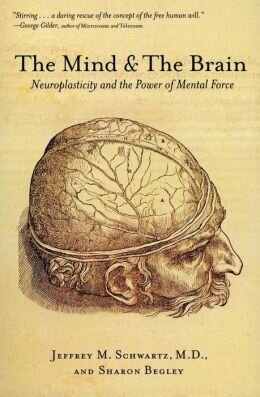


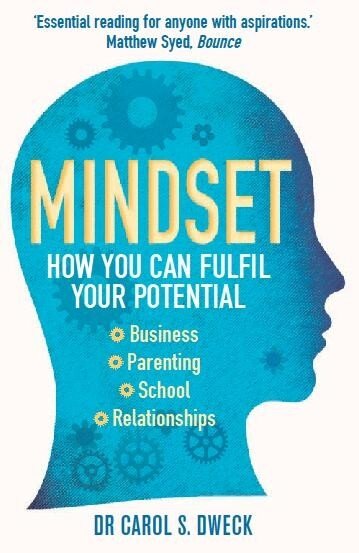




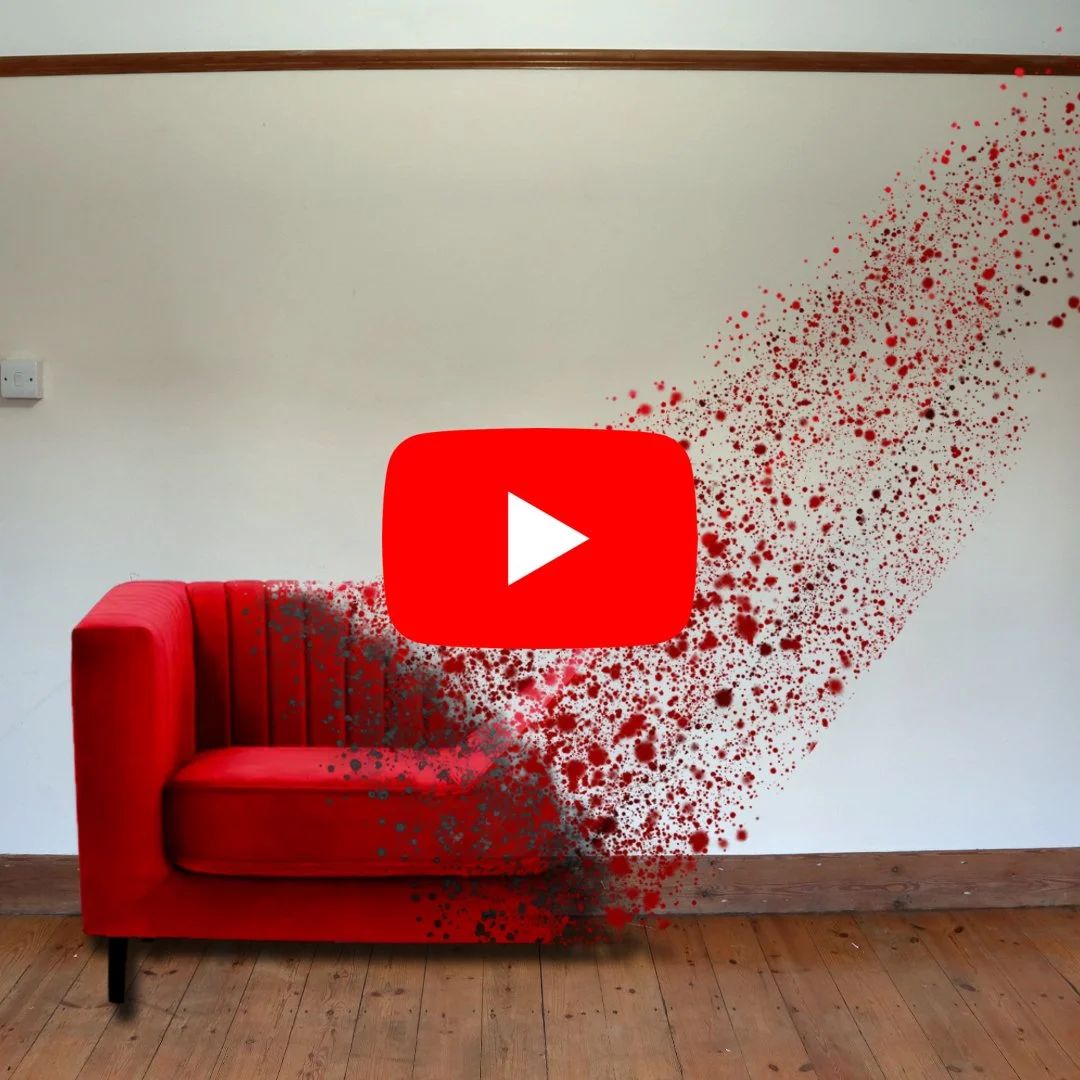






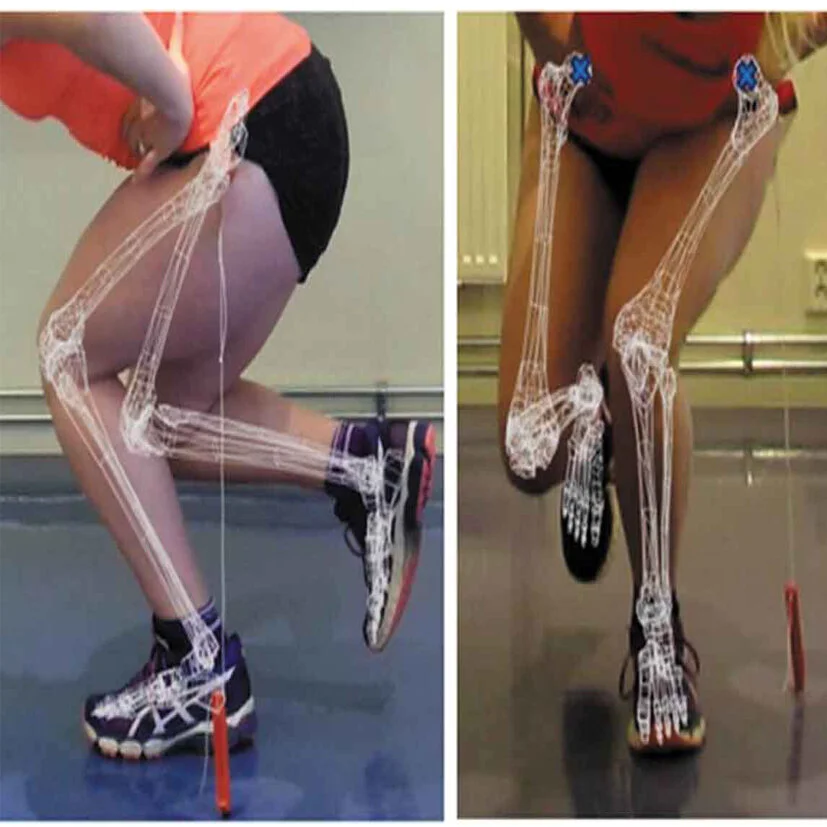










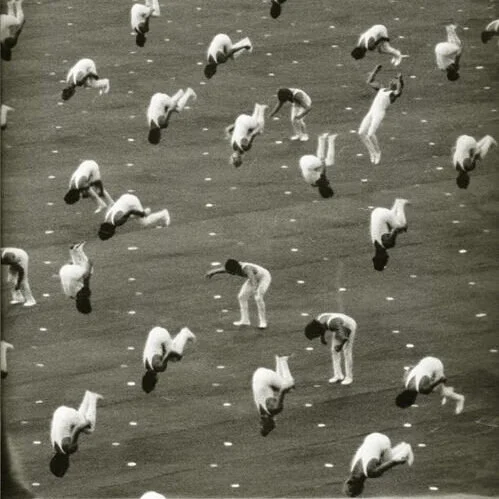






What are the most common misconceptions about furniture free? Well these are my top three!